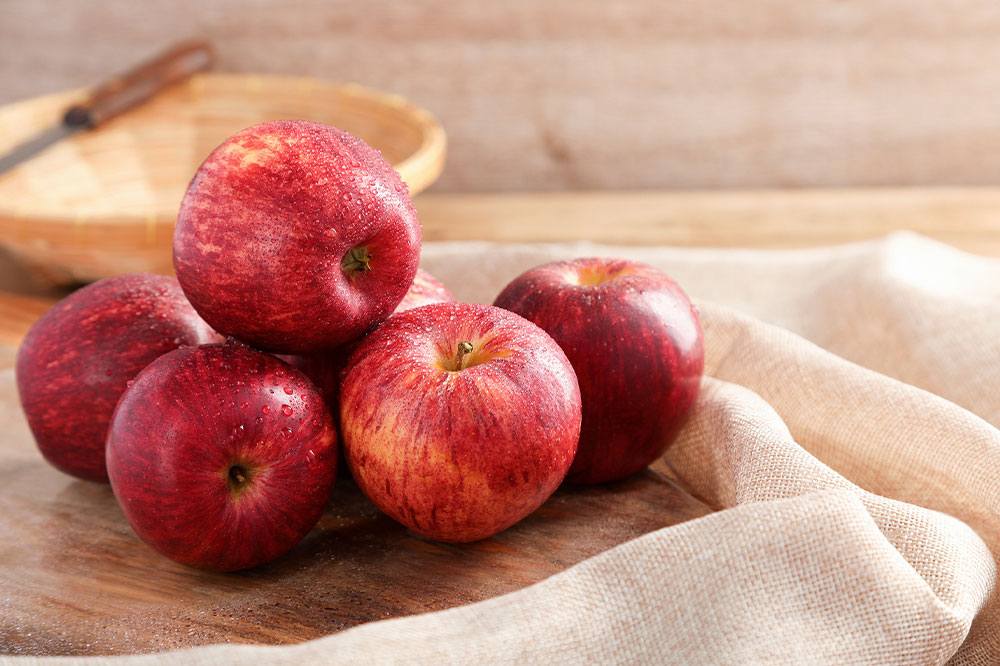6 Best Foods for Managing Psoriatic Arthritis

Are you experiencing symptoms of psoriatic arthritis? If so, you know the pain and inflammation that can come with it. Fortunately, you can use specific meal plans to help manage the symptoms of psoriatic arthritis. This article will discuss six foods that can help you keep your psoriatic arthritis symptoms in check. Eating these foods regularly can help you better manage your psoriatic arthritis, giving you a better quality of life.
What is psoriatic arthritis?
Psoriatic arthritis is inflammatory arthritis that develops in some individuals with psoriasis. It is an autoimmune disorder, meaning the body’s immune system mistakenly attacks its healthy cells and tissues. It commonly causes pain, swelling, and stiffness in the joints.
Symptoms
Common symptoms include inflammation, stiffness, and joint pain, often affecting the hands and feet. While there is no known cure for psoriatic arthritis, there are treatments available that can provide relief.
Many people also experience fatigue, skin problems, nail changes, and eye irritation. In some cases, psoriatic arthritis can also cause back pain, stiffness, and enthesitis (inflammation of the tendons). Therefore, it’s essential to get treatment for psoriatic arthritis as soon as possible, as it can be disabling if left untreated.
The link between food regime and psoriatic arthritis
A balanced food regimen plays a vital role in treating psoriatic arthritis. Eating certain foods can help manage and reduce inflammation. It is essential to understand what triggers psoriatic arthritis and how you can manage it.
Eating a balanced meal high in vitamins, minerals, and antioxidants can help reduce inflammation and the risk of flare-ups. It is also essential to avoid processed foods, sugar, and refined carbs, as they can trigger inflammation. Knowing what foods to eat and which ones to avoid can help you manage your psoriatic arthritis and keep it under control.
Six best foods for managing psoriatic arthritis
If you or someone you know closely is living with psoriatic arthritis, you know how difficult it can be to manage this health condition. Fortunately, some foods can help alleviate symptoms and discomfort associated with psoriatic arthritis.
Food rich in omega-3 fatty acids
Omega-3 fatty acids are an essential part of any food regime, especially for those with psoriatic arthritis. Good sources of omega-3 fatty acids include cold-water fish like salmon, tuna, mackerel, and herring, as well as plant sources like flaxseeds, chia seeds, and walnuts. Eating these foods regularly can help reduce inflammation, relieving symptoms associated with psoriatic arthritis.
You can also use healthy fats like olive oil for cooking fish and flaxseed oil as a topping or dressing for salads or other meals. Additionally, it is vital to limit your intake of trans fats, which may worsen psoriasis symptoms.
Fruits and vegetables
Fruits and vegetables are indispensable components of a healthy food regime, particularly for those who have psoriatic arthritis. Apples, cherries, and berries are all rich in vitamin C and antioxidants, which can help reduce inflammation associated with psoriatic arthritis. Additionally, avocados are an excellent source of healthy fats, which can help reduce inflammation.
Vegetables such as broccoli, carrots, spinach, sweet potatoes, and kale are excellent sources of vitamins and minerals that may help reduce inflammation. Broccoli is a great source of Vitamin C, K, folate, and manganese, which can help protect against oxidative damage caused by psoriatic arthritis. Carrots are also high in beta-carotene, a form of vitamin A that helps to promote healthy cell growth and regeneration.
Spinach is loaded with magnesium and iron, which help reduce inflammation while improving circulation. Sweet potatoes are a great source of vitamins A and C, essential for healthy skin, and can help reduce the symptoms of psoriatic arthritis. Finally, kale is a superfood packed with Vitamin K, which helps to regulate blood clotting and reduce inflammation.
By incorporating these fruits and vegetables into your food regimen, you can enjoy the many health benefits associated with them while reducing the symptoms of psoriatic arthritis.
Whole grains and beans
Whole grains have vitamins and minerals that can help protect your body from psoriatic arthritis. Beans, such as kidney beans, lentils, chickpeas, and black beans, are an excellent source of fiber and protein, which can help reduce inflammation. They are also rich in antioxidants, which can help reduce oxidative stress. Whole grains and beans can be added to soups and salads or served as a side dish.
Try to choose organic, whole-grain varieties of rice, quinoa, barley, and oats whenever possible. If you have trouble digesting gluten, consider using gluten-free versions of these foods.
Spices
When it comes to managing psoriatic arthritis, incorporating spices into your food regime can help. Turmeric and cayenne pepper are the most effective for managing psoriatic arthritis symptoms.
Turmeric has been studied for its anti-inflammatory effects and is a popular remedy for joint pain associated with psoriatic arthritis. It contains curcumin, which can reduce joint swelling, stiffness, and pain. You can add turmeric to various dishes, including soups, stews, salads, and stir-fries.
Cayenne pepper is another effective spice for managing psoriatic arthritis. The active ingredient in cayenne pepper is capsaicin, which has anti-inflammatory properties that can help reduce inflammation and joint pain associated with psoriatic arthritis.
Tea
Tea is one of the world’s oldest and most widely consumed beverages. It is known to have many health benefits, and it may be beneficial for people with psoriatic arthritis. Green, white, and black teas contain different amounts of polyphenols, a type of antioxidant that can reduce inflammation.
The antioxidants in tea help reduce inflammation and prevent cell damage in people with psoriatic arthritis. Additionally, studies suggest that tea may increase levels of antioxidants in the body, helping to protect the body from further oxidative damage.
Probiotics
Probiotics, or “good” bacteria, improve many health conditions. They’re often called “good” or “friendly” bacteria because they help keep the gut and immune system healthy. Probiotics can be easily found in fermented foods like yogurt, sauerkraut, kimchi, and pickles and are also available in supplement form. Some studies suggest that probiotics help reduce inflammation and relieve symptoms of psoriatic arthritis, such as pain and stiffness. If you’re interested in trying probiotics for your condition, talk to your doctor first to avoid any side effects.









